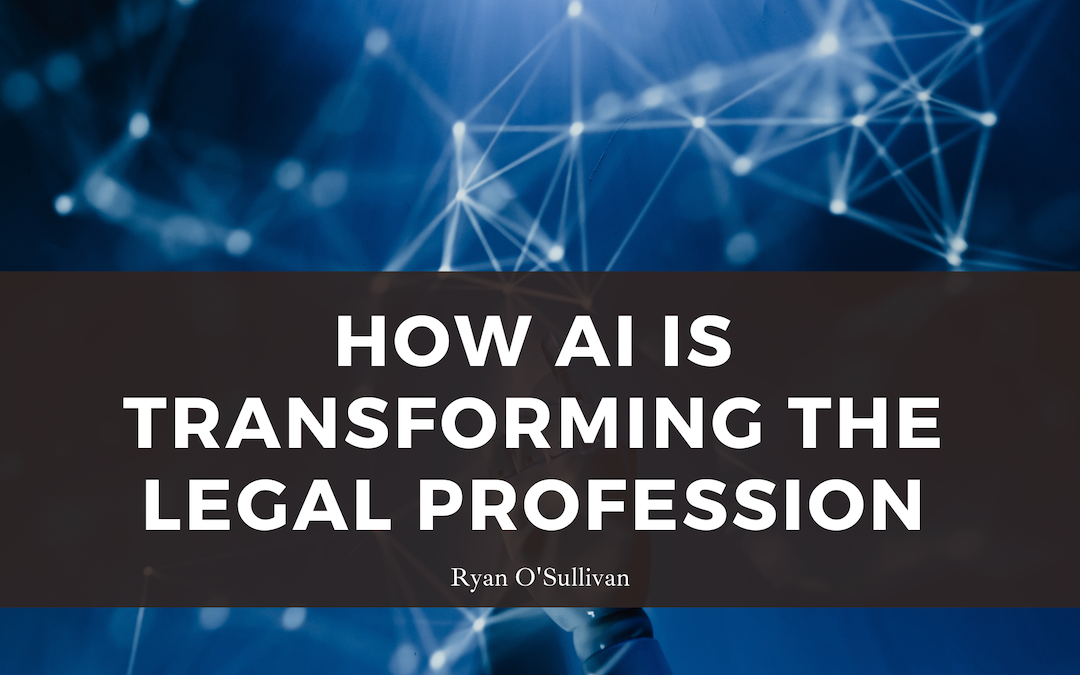The legal profession is no exception in an age where technology is rapidly reshaping various industries. Artificial Intelligence (AI) has emerged as a game-changer in the legal world, revolutionizing how lawyers work, manage cases, and deliver client services. Let’s delve into how AI is transforming the legal profession.
- Document Review and Due Diligence: One of the most time-consuming tasks in the legal field has been document review and due diligence. Lawyers spend countless hours sifting through paperwork to extract relevant case information. AI-powered tools, like machine learning algorithms, now make this process more efficient and accurate. AI can quickly analyze and categorize documents, significantly reducing the time and cost of these tasks.
- Predictive Analytics: AI can predict legal outcomes with high accuracy by analyzing past cases and legal precedents. This helps lawyers and clients make more informed decisions about potential legal strategies. Predictive analytics can also assess the likelihood of success in litigation, enabling clients to weigh the risks and benefits before proceeding.
- Legal Research: Legal research, a fundamental aspect of law practice, has been streamlined by AI-powered research tools. These tools can quickly search through vast legal documents, statutes, and case law databases, providing lawyers with relevant information and precedents faster than ever before. This not only saves time but also enhances the quality of legal research.
- Contract Analysis and Drafting: AI can analyze contracts and agreements to determine potential risks and inconsistencies. This is especially valuable in contract law and corporate legal work. Moreover, AI-driven tools can assist in drafting contracts by suggesting clauses and terms based on established best practices and legal standards.
- Chatbots and Client Services: Law firms increasingly use AI-powered chatbots to respond immediately to client inquiries and schedule appointments. These chatbots can answer frequently asked questions, freeing lawyers to focus on more complex tasks. This improves client satisfaction and the overall efficiency of legal practices.
- Enhanced Security and Data Privacy: AI is crucial in improving data security and protecting sensitive legal information. AI can detect and prevent security breaches, ensuring that confidential client data remains secure. This is of utmost importance in the legal profession, where maintaining client trust and confidentiality is paramount.
- Cost Reduction and Accessibility: Using AI in legal practice often leads to cost reductions. Law firms can handle more cases with fewer resources, making legal services more accessible to a broader range of clients. This increased accessibility has the potential to bridge the justice gap, ensuring that more people have access to legal representation.
In conclusion, AI is transforming the legal profession by automating repetitive tasks, improving the quality of legal services, enhancing security, and increasing accessibility. While AI is not here to replace lawyers, it is undoubtedly a valuable tool that empowers legal professionals to be more efficient and effective in their work. As AI progresses, we can expect even more transformative changes in the legal field, ultimately benefiting lawyers and their clients.

